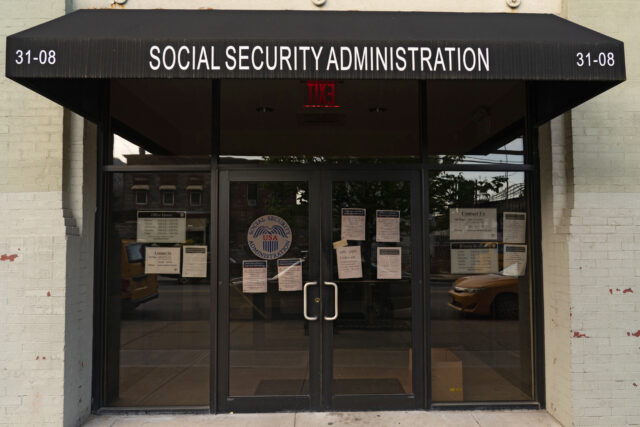
COVID Is Not a Retirement Story
Alicia H. Munnell is a columnist for MarketWatch and senior advisor of the Center for Retirement Research at Boston College.
Impact on Social Security and employer plans is minimal because those with the least have borne the brunt.
Reporters repeatedly ask about the impact of COVID-19 and the ensuing recession on retirement. My response has generally been that COVID is not a retirement story. Before I repeat the same refrain again, it seemed like a good idea to think about this topic a little more systematically.
Social Security
Social Security has been virtually unaffected by the pandemic. The program continues to face a 75-year deficit of roughly 3 percent of taxable payrolls that needs to be addressed. Yes, payrolls dropped in 2020, which accelerated the depletion of the trust fund, after which the program can pay only about 75-80 percent of promised benefits. But a recent update from Social Security actuaries moves the depletion date by only one year – from 2035 to 2034. In the meantime, benefit checks go out on time, and the program acts as a backstop for older workers who choose to, or are forced to, retire earlier than expected.
Employer-Sponsored Retirement Plans
Before COVID, the U.S. retirement system had a number of problems:
- Coverage: At any moment in time, only about 50 percent of private sector workers were covered by an employer plan.
- Risks: The shift to 401(k) plans means that employees bear all the investment risk and the risk of outliving their assets.
- Decumulation: Participants have no easy mechanism for withdrawing their balances, and thereby risk consuming too little or exhausting their resources.
- Low interest rates: Low interest rates mean that savers must accumulate larger balances to generate a given level of retirement income.
- State and local plans: Roughly 30 percent of state and local plans are seriously underfunded.
Potential Impact of COVID:
- Financial market collapse: Didn’t happen. After a brief drop in stock prices in February and March, the market roared back with the Dow breaking 30,000.
- Mass unemployment among older workers: Didn’t happen. Unemployment increased primarily among young workers and lower earners.
- Mass withdrawal of 401(k) balances: Didn’t happen. People with 401(k) accounts generally did not lose their jobs.
- Widespread suspensions of 401(k) match: Didn’t happen. Only a small percentage of plans have suspended their match, and the prevalence of match suspensions is substantially lower than it was during the Great Recession.
- Collapse in interest rates: 10-year Treasury rates, which had fluctuated between about 1.5 percent and 3.0 percent since the Great Recession, started to decline in late 2018, bottomed out in August 2020 at 0.5 percent, and reached 0.9 percent in November.
- State revenue shortfalls: While less than expected because unemployment has been concentrated among the low paid, revenue shortfalls will likely delay required pension contributions.
In short, COVID had virtually no effect on Social Security and little effect on employer sponsored plans. But that does not mean all is right with the world.
- Social Security continues to face a 75-year deficit.
- Employer plans continue to face problems of coverage, risk, decumulation, and low interest rates.
- Most important, the reason for the lack of impact on the retirement system is that people who have the least have borne the brunt of the pandemic.







